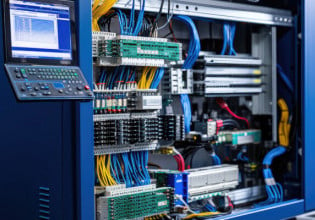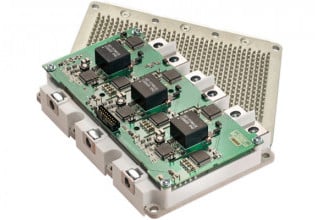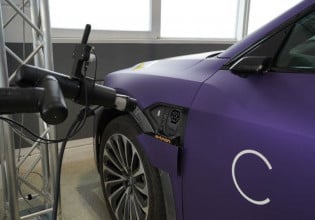IDT Selected to Develop Integrated Receiver Chip based on Qualcomm’s Wireless Power Technology
Integrated Device Technology, Inc. and Qualcomm Incorporated announced that the two companies have collaborated together to enable IDT's development of an integrated circuit (IC) for consumer electronics devices based on Qualcomm's WiPower™ Technology. This IC will be designed to meet the requirements of Qualcomm's new near-field magnetic resonance wireless power charging solution that is designed to provide spatial freedom for charging consumer electronics, such as mobile phones and other battery-powered/low-power direct-charge devices.
"IDT's leadership position in the wireless power industry has been proven by our award winning highly-integrated IDTP9030 transmitter and multi-mode IDTP9020 receiver chipset," said Arman Naghavi, vice president and general manager of the Analog and Power Division at IDT. "We welcome the advancements that Qualcomm is making with WiPower technology, and plan to support its continued success by delivering the industry's most innovative application-optimized solutions. IDT is excited to have been selected by Qualcomm to engage in this collaboration."
"We are pleased that IDT has collaborated with Qualcomm to design an integrated circuit based on our existing WiPower reference design," said Steve Pazol, vice president of business development at Qualcomm. "We chose to work with IDT because they have proven their ability to develop compact, monolithic solutions. Unlike traditional consumer electronics wireless power solutions that bind the user to a charging mat, Qualcomm is looking to expand WiPower Technology into everyday surfaces, making it convenient for the user to top-off their portable devices throughout the day."
Developed by Qualcomm, WiPower technology uses resonant wireless energy transfer to elegantly reduce the amount of device chargers, unsightly power strips, and congested wall outlets to perform wireless charging, allowing for aesthetic charging pad designs that blend into a home, an office, and furniture. The power pads do not generally require a precise alignment of devices on the charging area or direct contact to charge a device, and can also charge multiple devices simultaneously.






